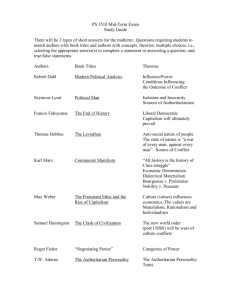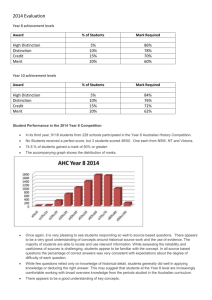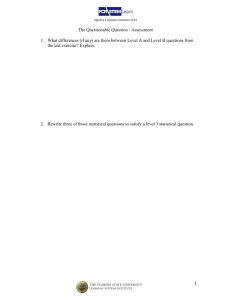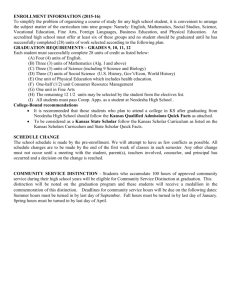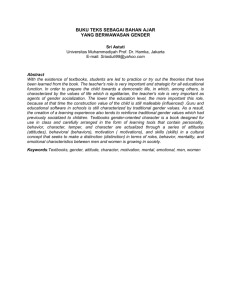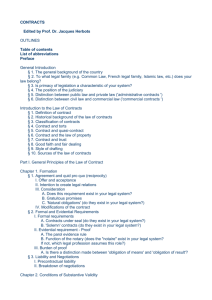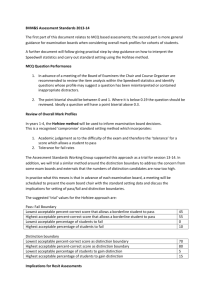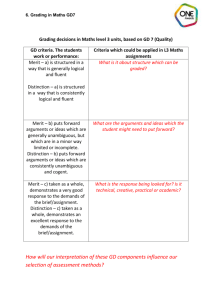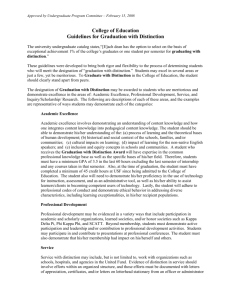Final Exam Study Guide-Intnl. Conflict Resolution
advertisement
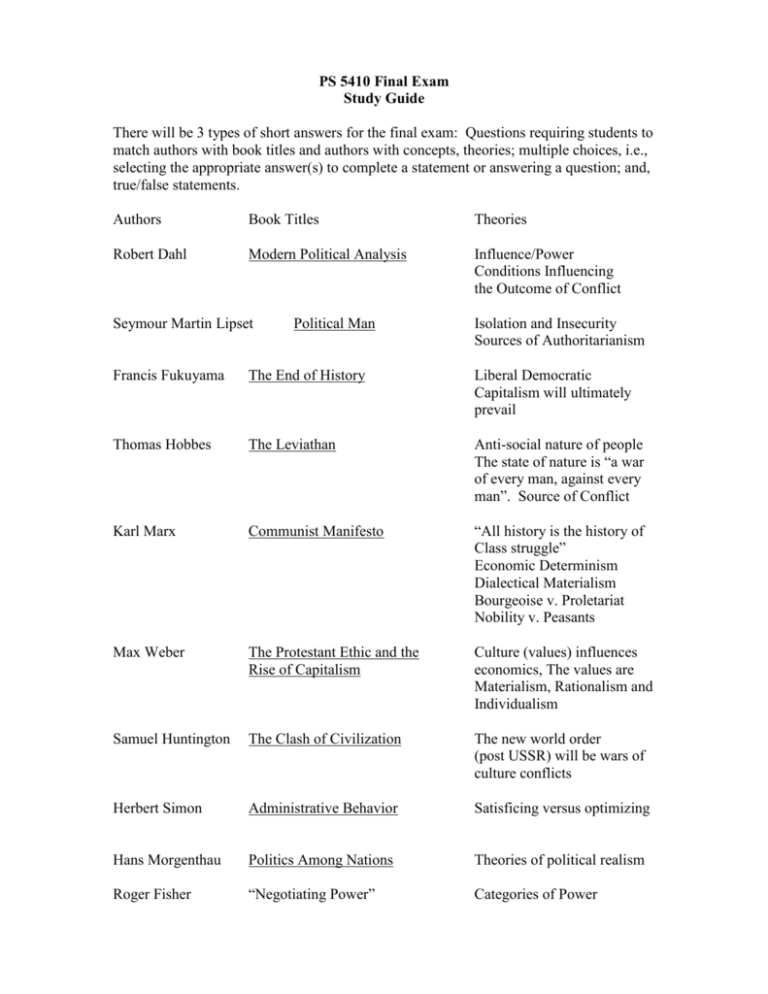
PS 5410 Final Exam Study Guide There will be 3 types of short answers for the final exam: Questions requiring students to match authors with book titles and authors with concepts, theories; multiple choices, i.e., selecting the appropriate answer(s) to complete a statement or answering a question; and, true/false statements. Authors Book Titles Theories Robert Dahl Modern Political Analysis Influence/Power Conditions Influencing the Outcome of Conflict Seymour Martin Lipset Political Man Isolation and Insecurity Sources of Authoritarianism Francis Fukuyama The End of History Liberal Democratic Capitalism will ultimately prevail Thomas Hobbes The Leviathan Anti-social nature of people The state of nature is “a war of every man, against every man”. Source of Conflict Karl Marx Communist Manifesto “All history is the history of Class struggle” Economic Determinism Dialectical Materialism Bourgeoise v. Proletariat Nobility v. Peasants Max Weber The Protestant Ethic and the Rise of Capitalism Culture (values) influences economics, The values are Materialism, Rationalism and Individualism Samuel Huntington The Clash of Civilization The new world order (post USSR) will be wars of culture conflicts Herbert Simon Administrative Behavior Satisficing versus optimizing Hans Morgenthau Politics Among Nations Theories of political realism Roger Fisher “Negotiating Power” Categories of Power T.W. Adorno The Authoritarian Personality The Authoritarian Personality Traits Hernstein and Murray The Bell Curve Claims that Race and Intelligence are Inherited Max Weber The Protestant Ethic and the Rise of Capitalism Culture (values) influence economics. The values of Materialism, Rationalism and Individualism are preconditions to Capitalism Thomas Schelling Arms and Influence Compellence/Deterrence Comparisons on Timing; Expectations, Assurances And Compliance Irving Janis Victims of Groupthink Definition Symptoms and Remedies Graham Allison The Essence of Decision: The Conceptual Models of The Cuban Missile Crisis The Rational, Organizational and Bureaucratic (Political/Personality) Models of Decision-Making Multiple Choice The Democratic Personality Traits of Personality The Authoritarian Personality Traits of Personality Balance of Power Influence on Conflict Interest vs. Rights Arbitration Distinction/Influence on Conflict Factfinding vs. Arbitration Distinction/Influence on Conflict Informal/Formal Negotiation Distinction/Influence on Conflict Non Cumulative v. Cumulative Pattern of Conflict Distinction/Influence on Conflict A priori v Ad hoc Procedures Distinction/Influence on Conflict Area of Agreement v Area of Disagreement Distinction/Influence on Conflict Nature v Nurture Distinction/Influence on Conflict Variable Sum v Zero Sum Conflict Distinction/Influence on Conflict Prisoner Dilemma v Game of Chicken Distinction/Influence on Conflict Negotiation v. Mediation Distinction/Influence on Conflict Pessimists/Optimists/Realists Distinction/Origins of Conflict Facts v Feelings Distinction/Influence on Conflict Absolute v Relative concept of winning Distinction/Influence on Confict Theories/Concepts/Principles Relationship Malicious Compliance Resulting Behavior from an Imposition Rational Model of Decision Making Policy is a Product of Choice Organizational Models of Decision Making Policy is a Product of Output Bureaucratic (Political/Personality) Model of Decision Making Policy is a Product of Outcome Three Major Ideologies Conservatism, Liberalism and Socialism
